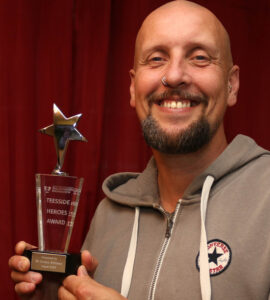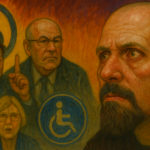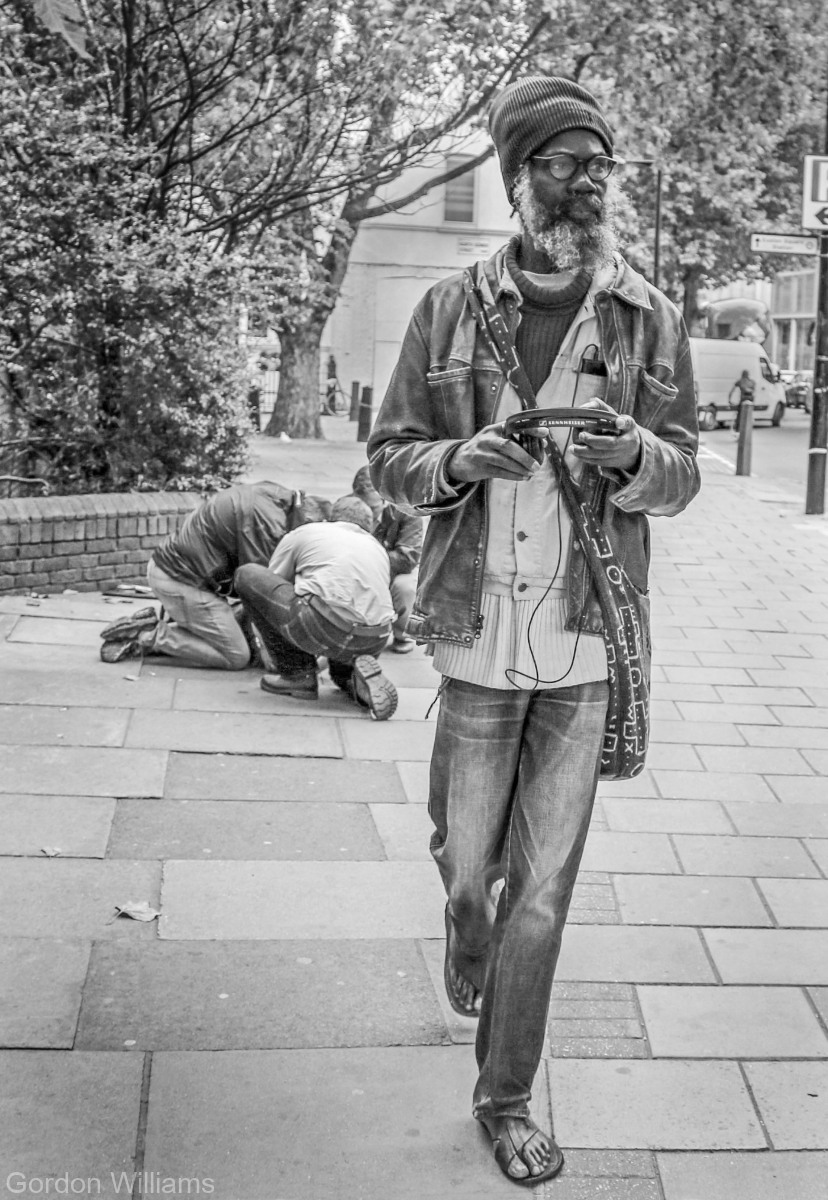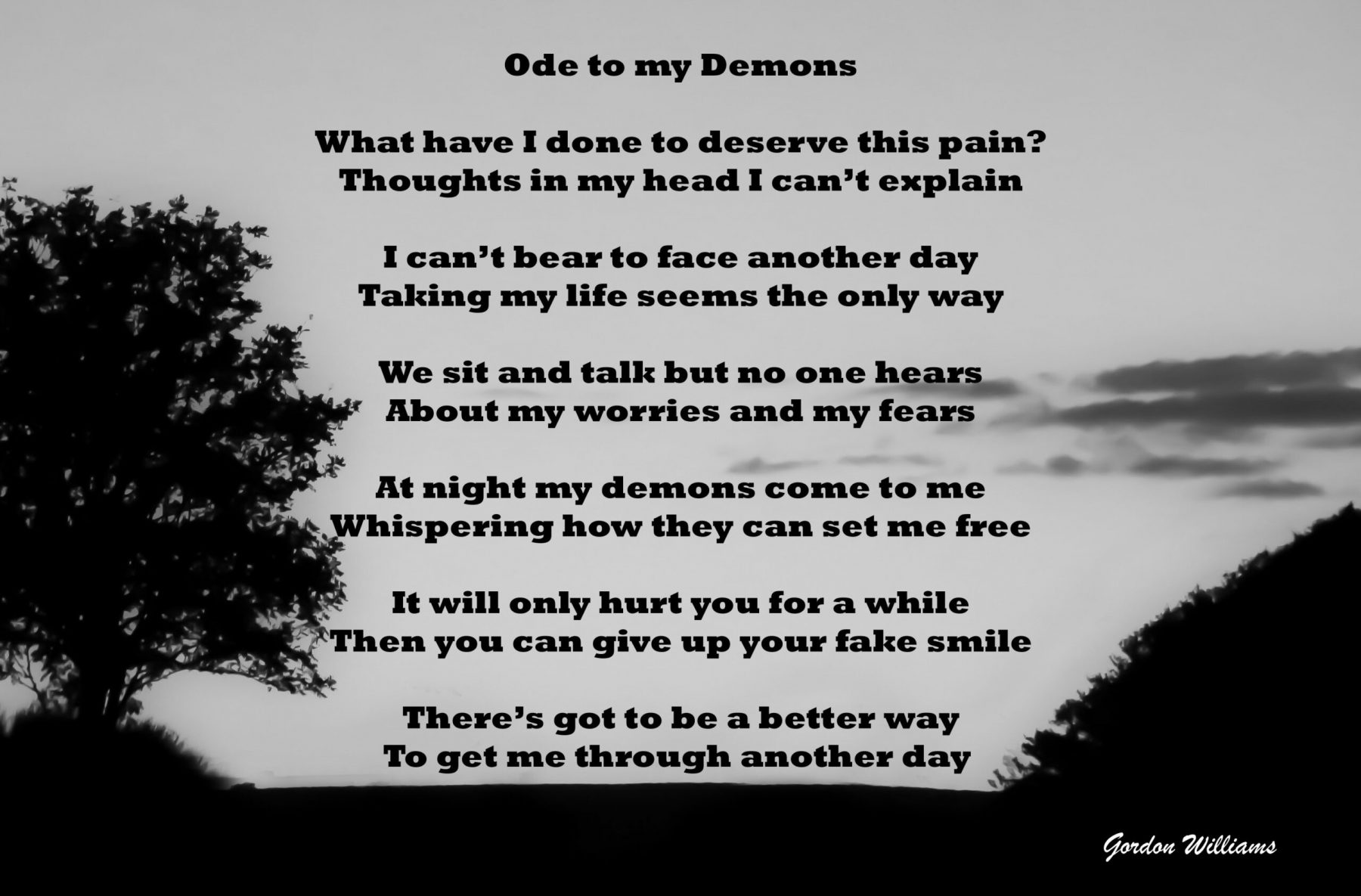The term ‘hidden disability’ is becoming quite common and hidden disabilities are becoming more recognised and understood.
But there is a difference between having a hidden disability and actively hiding your disability.
I live with ADHD, ASD, ME/CFS and PTSD which I would categorise as hidden disabilities, also I live with Tourette syndrome, you would think Tourette’s is not hidden because tics can be seen and heard.
But through masking, suppressing and experience of reading body language I can hide it quite a lot of the time.
A prolapsed disc has a severe impact my legs and I do my best to hide the pain and how it effects the way I walk, hiding another disability.
Through my charity work and university involvement I have met many people living with a hidden or hiding disabilities.
Hiding, masking or suppressing a disability or the symptoms does not mean it is less severe, in fact the impact of hiding a disability can cause much anxiety and stress and result in not being taken seriously when needed.
We still need the same treatment, care and support but can often find ourselves side-lined and this may be a result of us not showing our needs as much as other people do.
Why do I hide my disabilities?
Personally, I hide my disabilities for many reasons.
As a child it was out of necessity, while living in a violent household being seen, heard or standing out meant you received more mental and physical abuse, so you can imagine tics were not ideal and I quickly became a master of suppression and masking, unfortunately ADHD and ASD was not so easy to hide at a young age.
The same could be said at school as standing out and being different meant you became a target for bullying.
I was not completely successful at school which is shown in Diary of a Neurodiverse Schoolboy
As a working adult it was more about image, I wanted to be seen as physically and mentally strong. This was for a couple of reasons; I didn’t want to be seen as a target and a victim and secondly my work in security and forestry was physical and often involved dealing with violence and eventually, I began working with children in the care system so how I portrayed myself was important.
More recently I have come to terms with my disabilities and no longer actively suppress or mask my Tourettes, but it does still happen but not through choice as it is now engrained in me and seems to happen automatically.
I do still hide my physical impairments more so in public than at home, I do not want to be seen as an easy target in public and do not want my children to worry about me and feel they need to see me as a pillar of strength in the family.
https://neurologically-challenged.co.uk/












